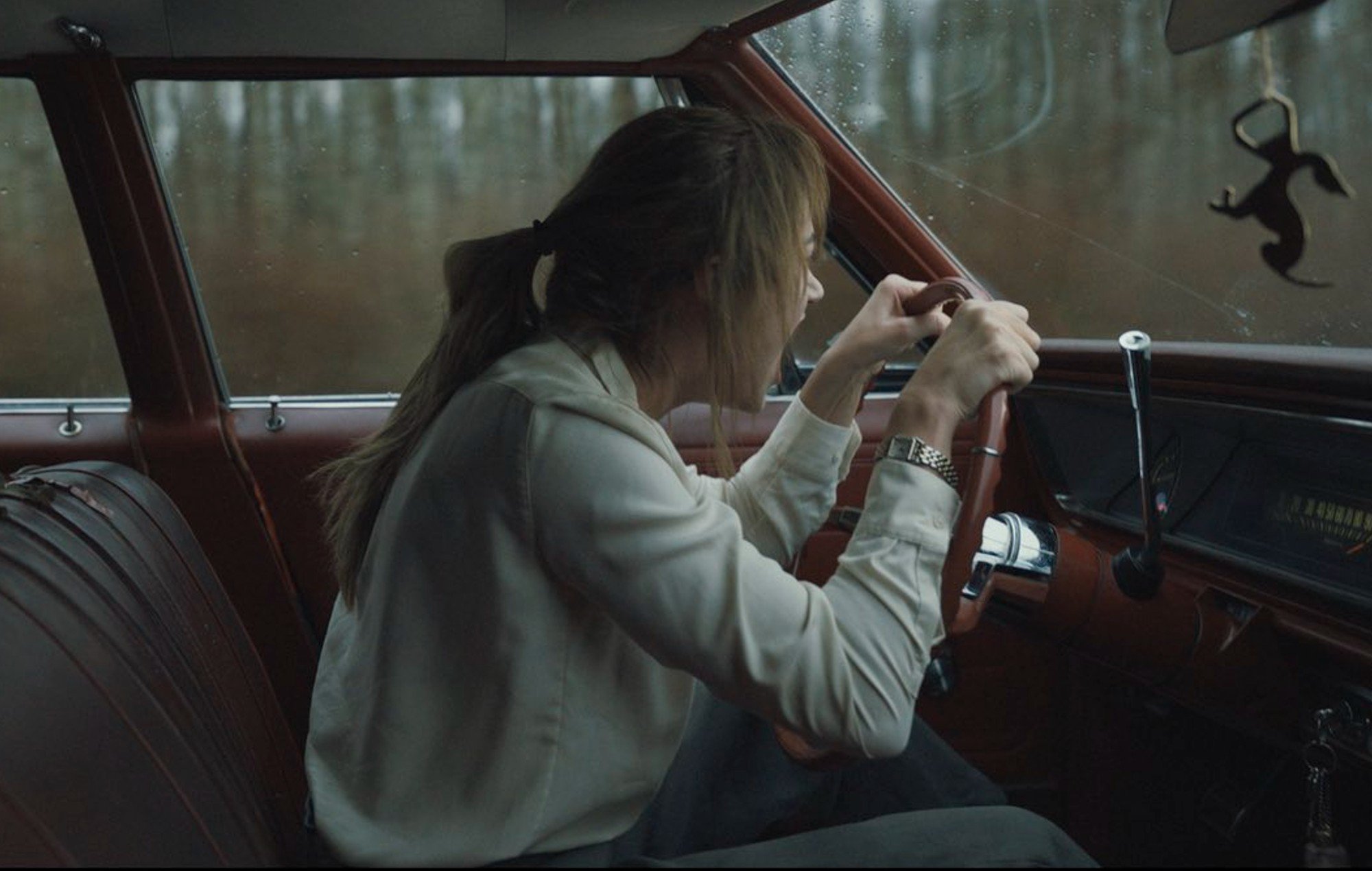Neon and A24: An Analysis Of The Modern Indie-Film Distribution Powerhouses
‘Pearl’ (2022), Courtesy of A24.
Independent film distributors have carved out a niche, championing unique and often daring films that might otherwise be overlooked by major studios. Among these, Neon and A24 stand out as powerhouses, bringing critically acclaimed and culturally significant films to audiences worldwide.
Let’s explore the influence and impact of these indie distributors, highlighting their roles in shaping contemporary cinema.
NEON
Neon was founded in 2017 by Tom Quinn and Tim League, and has quickly established itself as a major player in the independent film industry. Neon's philosophy is rooted in taking risks on bold, visionary projects that challenge the status quo, leading to a diverse catalog of movies.
Neon's filmography includes a variety of critically acclaimed film such as:
"Parasite" (2019): Directed by Bong Joon-ho, this South Korean film made history by becoming the first non-English language film to win the Academy Award for Best Picture. Its success is a testament to Neon's ability to identify and promote groundbreaking films.
"I, Tonya" (2017): This biographical film about figure skater Tonya Harding received widespread acclaim, particularly for Margot Robbie’s and Allison Janney’s performances, the latter winning an Oscar for Best Supporting Actress.
"Palm Springs" (2020): A fresh take on the romantic comedy genre, this film became a hit, particularly during the COVID-19 pandemic, showcasing Neon's versatility in distributing films across various genres.
Most recently, ‘Longlegs’ (2024) has been a hot topic of discussion, hailed for breathing fresh life into the horror genre: In pursuit of a serial killer, an FBI agent uncovers a series of occult clues that she must solve to end his terrifying killing spree.
Maika Monroe as FBI Agent Lee Harker in ‘Longlegs’ (2024, Neon).
Neon's strategic marketing and distribution tactics have significantly impacted the industry — leveraging film festivals and utilizing innovative promotional strategies, bringing attention to films that might otherwise have struggled for visibility. An example of this is South Korea’s 2019 film ‘Parasite,’ which is now deemed one of the best films ever made. Neon’s commitment to artistic integrity and storytelling has resonated with both critics and audiences, contributing to a broader appreciation of international and independent cinema.
A24:
Founded in 2012 by Daniel Katz, David Fenkel, and John Hodges, A24 has become synonymous with high-quality, avant-garde filmmaking. A24's vision revolves around supporting filmmakers with distinct voices and unique perspectives, often deliberately avoiding conventional storytelling in favor of more experimental narratives.
A24’s catalog includes:
"Moonlight" (2016): This poignant coming-of-age story directed by Barry Jenkins won the Academy Award for Best Picture, among other accolades. Its nuanced portrayal of identity and sexuality highlighted A24's dedication to diverse storytelling.
"Hereditary" (2018): Directed by Ari Aster, this horror film received critical acclaim for its unsettling atmosphere and powerful performances, particularly by Toni Collette. A24's support for genre films has reinvigorated the horror genre.
"Lady Bird" (2017): Greta Gerwig’s directorial debut was a commercial and critical success, earning five Academy Award nominations and solidifying A24’s reputation for championing female filmmakers.
Other acclaimed films that bolstered A24 include ‘Aftersun,’ Ti West’s ‘X’ trilogy, ‘Spring Breakers,’ ‘The Whale,’ ‘Ex Machina,’ ‘Room,’ ‘Good Time,’ ‘Talk To Me,’ ‘The Zone of Interest,’ and more recently, ‘Civil War.’
‘Hereditary’ (2018) from A24, which refined the modern horror genre.
A24 has cultivated a distinct brand identity that resonates with younger, cinephile audiences. Their marketing strategies often employ a minimalist aesthetic and clever social media campaigns that create a sense of exclusivity and cult following. A24's ability to tap into contemporary cultural conversations through its films has made it a tastemaker in the industry.
Comparative Analysis
While both Neon and A24 share a commitment to independent filmmaking, their approaches and impacts have distinct differences:
Film Selection: Neon tends to focus on international films and provocative themes, while A24 often emphasizes auteur-driven projects and experimental narratives.
Marketing: A24’s marketing strategies are more aligned with creating a brand culture, whereas Neon leverages festival circuits and critical acclaim to boost their films' profiles. However, more recently, Neon has been hailed for it’s captivating and equally terrifying marketing campaign for it's latest film ‘Longlegs.’
Audience Engagement: A24 has a more defined engagement with the younger demographic, partly due to its savvy use of social media and trendy merchandise, whereas Neon appeals to a broader audience through diverse film choices and international film festivals.
Neon and A24 have undeniably altered the landscape of independent cinema. Their willingness to take risks on unconventional films and their innovative distribution methods have not only brought critical and commercial success but also expanded the horizons of what independent cinema can achieve. As they continue to influence the industry, these indie distributors hone their focus on power of storytelling and the importance of supporting unique filmmakers.










